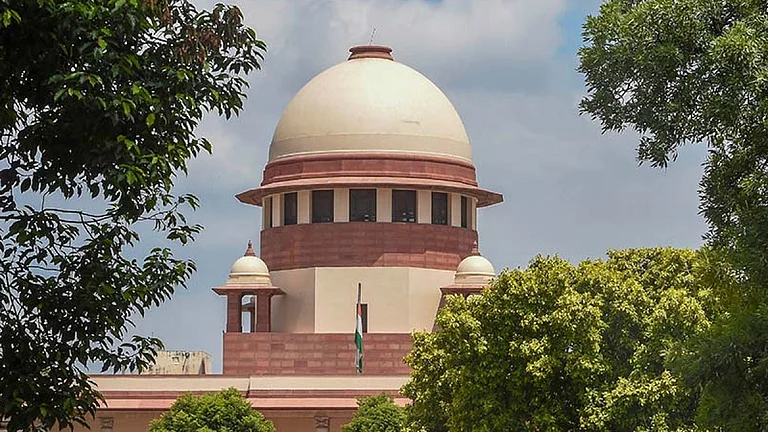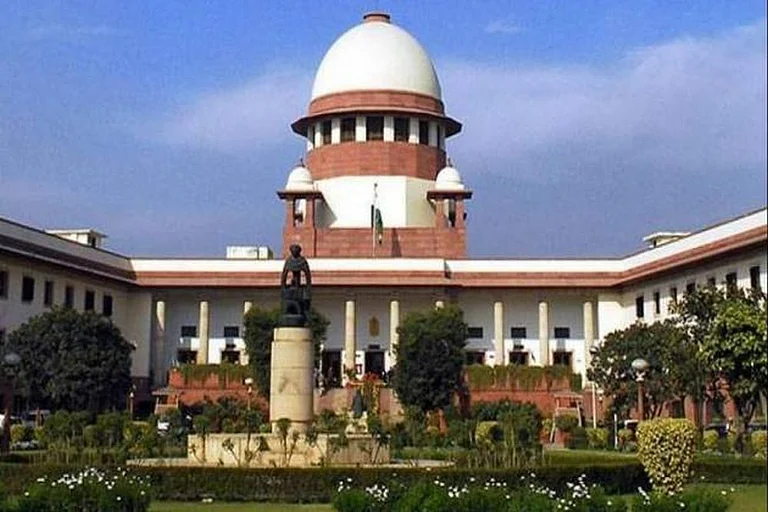
Solicitor General Tushar Mehta claimed there were “veiled and visible” efforts to prevent an effective hearing in the Ram Janmabhoomi-Babri Masjid land dispute case.
He recounted that two eminent lawyers even staged a walkout after failing to delay proceedings.
Mehta called the 2019 Ayodhya verdict a historic turning point legally, socially, and culturally, crediting the Supreme Court’s “judicial statesmanship.”
Solicitor General of India Tushar Mehta said on Friday that attempts were made to ensure that an effective hearing of the Ram Janmabhoomi-Babri Masjid land dispute case does not take place in the Supreme Court.
He said this at the launch of a book, titled titled "Case for Ram -- The untold insiders' story", at the India International Centre here.
In a landmark 2019 verdict, a five-judge Constitution bench headed by the then Chief Justice of India Ranjan Gogoi unanimously allowed the construction of a Ram temple at the disputed site in Ayodhya, granting the entire 2.77-acre plot for the temple and allotting a five-acre plot for the construction of a mosque.
"There were attempts, sometimes veiled attempts, sometimes very, very visible attempts, to ensure that the matter was not heard," Mehta said.
"One incident which had left a very bitter taste in my mind is when all attempts to delay failed, two of the eminent counsels staged a walkout, which is something we have only heard in Parliament," he added.
Underlining the alleged attempts made to block the hearing, the solicitor general said the apex court judges displayed an "amazing skill" of "judicial statesmanship" which ensured that the case moved in the right direction.
Mehta said the Ram Janmabhoomi-Babri Masjid land dispute case was a turning point in many ways and the book, written by senior advocates Anirudh Sharma and Sridhar Potaraju, narrates the whole sequence.
"It is in the form of a narration. It is not in the form of just an enumeration. It is not bland history. It is a narration of how things happened.
"It was a case that had bearing in history and which was going to create history. It was a turning point in more than one way -- legally, socially, politically, culturally, religiously, in whatever way. But when we talk about the system of law in our country, which, of course, you will read, how it developed, how the case developed, how the case proceeded," he said.
The event was attended by Indian archaeologist K K Muhammed and senior advocate Guru Krishna Kumar.
With PTI inputs.


























